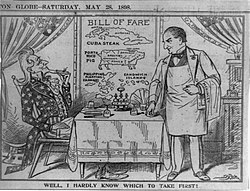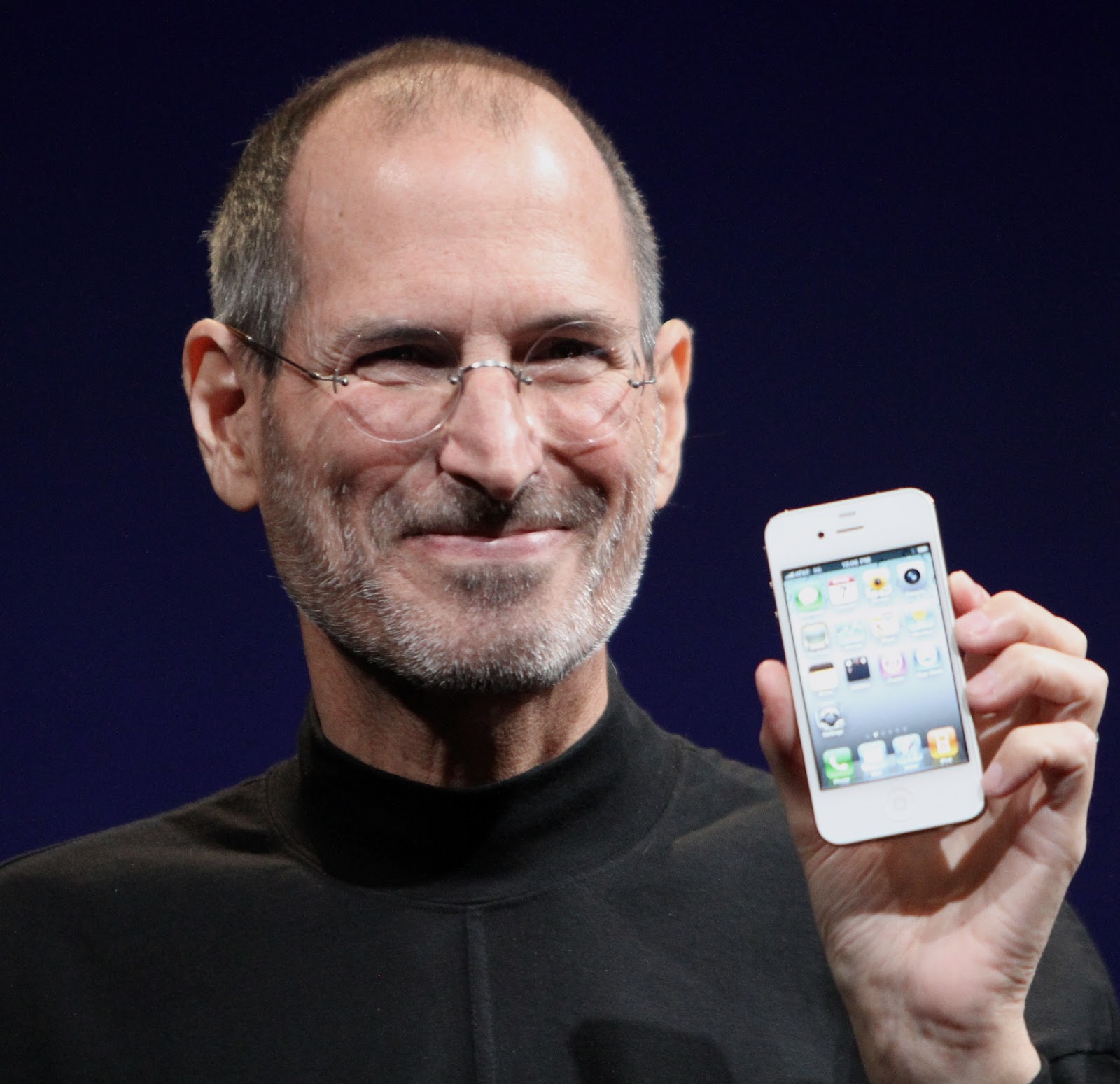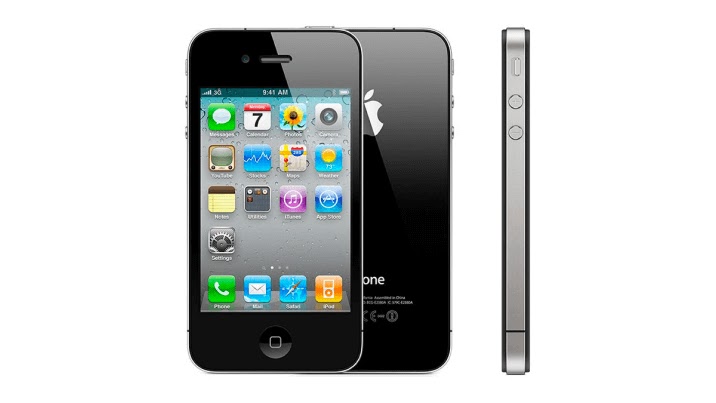Scrolling and Sharing: My Digital Life as a Social Media Marketing Minor
This semester has been an enjoyable journey through my evolving relationship with media, as much as through its history and theory, and it has made me look at my phone, which probably knows more about me than my mother does, in a new light. As a social media marketing minor i am always on my phone i use snapchat as a daily form of communication with friends and its practically my life line at this point, instagram for posting fun aesthetic photos of me and my friends and TikTok to keep up with current events as well as just having fun making videos. Creating this blog has been a big learning process. I usually go through everyone else's content. Still, I'm putting out content with my thoughts, which has been interesting, as it has made me question my place and what I'm doing in the digital world.
Before taking this class, I hadn't considered my social media presence or overall digital footprint. I have always been aware of it, but I never gave it much thought. However, the things I learned in this class and the articles I have read have shed light on privacy violations, the harsh reality of Facebook's data collection policies, and even the thoughtful viewpoint of a 14-year-old who decided to unplug.
These stories have inspired me to reflect on how I utilize social media. Just think about all the data Snapchat has from having your location on, and how TikTok's algorithm probably knows me better than I know myself. Although I have not been the most active person on social media, I have become significantly more active since attending college it has also made me more aware of what I post on social media for the world to see, it has also taught me the importance of digital privacy and what that entails, especially when accepting terms and conditions for social media platforms that I will use in the future.
When I consider the prompt of hopeful and pessimistic perspectives of technology, I find myself somewhere in the middle as a social media marketing minor; I think parts of social media are fantastic, snapchat for example allows me to know what my friends are up to or to make new connections worldwide, and TikTok provides almost unlimited knowledge from how to make a grilled cheese to how to learn rocket science while also encouraging creativity and being and outlet to learn more about current events for a lot of people.
At the same time, Instagram can help you gain opportunities and allow you to express yourself. However, despite the positives, a handful of negatives are associated with social media, some of which include that it is very demanding of its users and can have a “dark side,” characterized by loneliness, FOMO, erosion of privacy, and more. However, this can all be avoided if you find a healthy balance, and for me, that involves prioritizing real-life relationships, aggressively protecting my digital privacy, and using technology deliberately.
Looking into my future in social media marketing, several topics covered this semester stand out as particularly prominent, including artificial intelligence, online privacy, and online censorship. AI is such a big part of our world, and it's only growing. Seeing AI produce content in a field that I will be entering in the near future is concerning and raises questions about authenticity and algorithmic bias. While AI is becoming increasingly powerful, online privacy for social media users has become a highly relevant issue, and although it's essential now, it will only gain more importance. Social and digital marketers need to be more transparent than ever with consumers. Furthermore, the complexity of internet censorship will significantly influence the very fabric of online communication, as it blurs the lines between platform responsibility and freedom of expression.This also made me think about how social media and the internet have completely transformed mass communication. Anyone with two opposable thumbs and a brain can be a content creator simply by sharing their story and perspective on life online. So, bigger corporations are no longer looking at people with degrees in social media marketing because we have platforms like blogs or TikTok. The explosion of Facebook and Twitter has evened out the playing field.
It has also made me consider how these platforms challenge mainstream media hegemony. Before this class, I didn't know how to spell hegemony or understand its meaning. However, it occurs when traditional media outlets attempt to assert dominance by promoting specific narratives. Social media has strayed significantly from these conventional narratives, allowing counter-narratives and marginalized voices to find an audience. These platforms have changed how we access information and who gets to share it.
For many people, including myself, social media has been a positive experience and a tool for empowerment. We can build communities around shared interests, advocate for our beliefs, and, if desired, even launch our brand or small business using social media. Using hashtags can organize movements or help creators make a living from their content creation on TikTok.
So, yes, my relationship with technology is good. Still, at the same time, the daily reality of Snapchat, Instagram, and TikTok, while I hope for a career in Social Media Marketing, has been transforming my trip through this semester. It has transformed me from a casual user to a more critical and intentional participant in the digital world. At the same time, these platforms are attractive and helpful, particularly in connecting people and disseminating knowledge. My future professional work depends much on privacy, authenticity, and the evolving ethical questions of artificial intelligence and online censorship. Understanding the power dynamics at work and how social media has democratized content production while concurrently addressing issues of hegemony and free expression is essential. I am resolved to be conscious, understanding both the empowering possibilities and the natural responsibilities accompanying the shaping of tomorrow's digital stories.
































